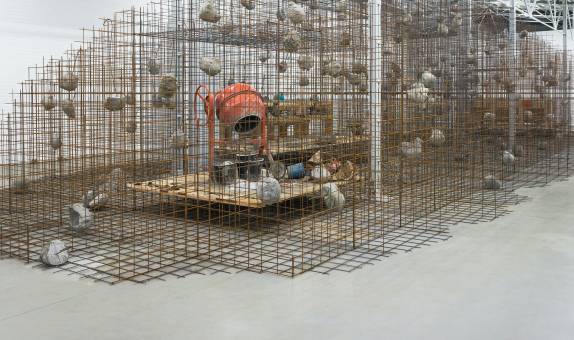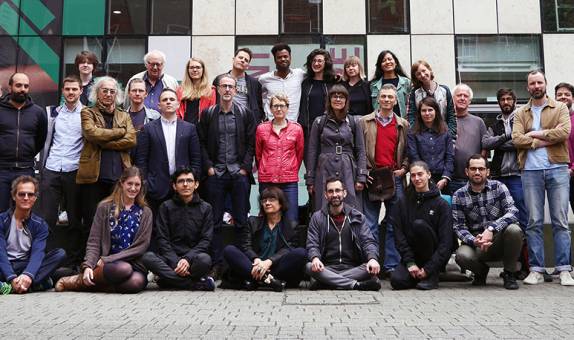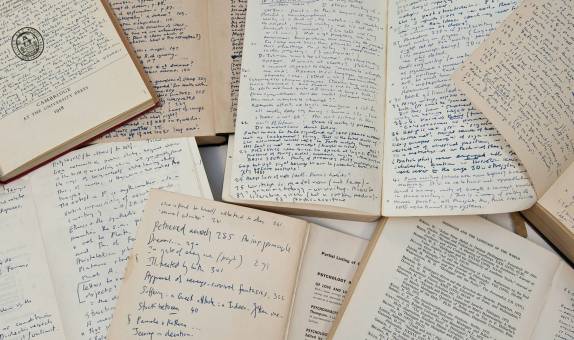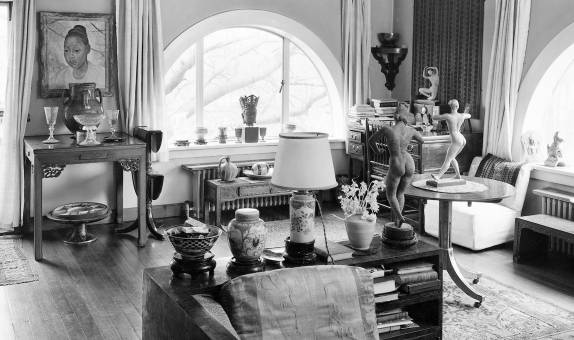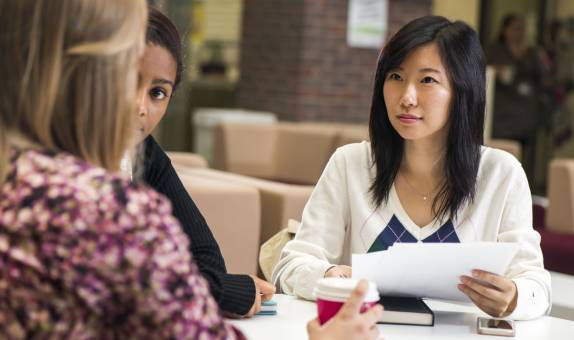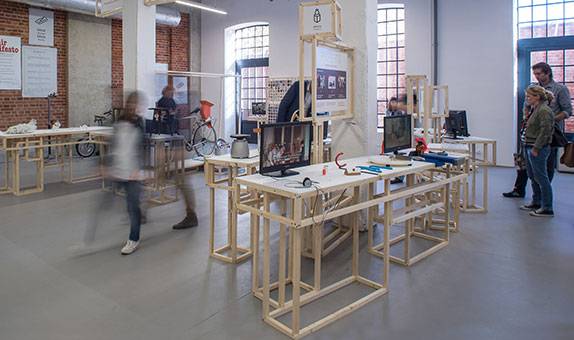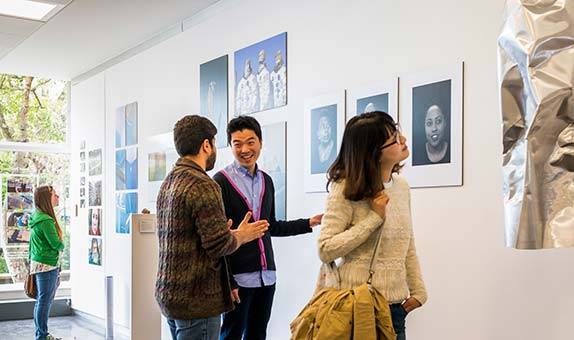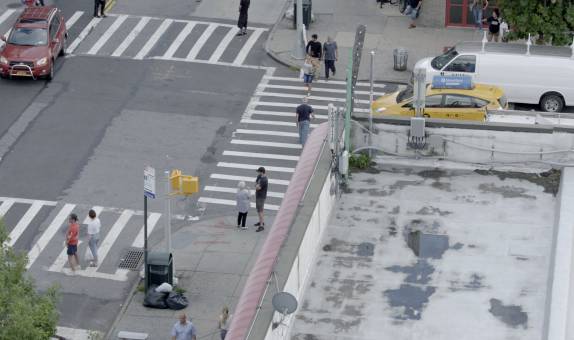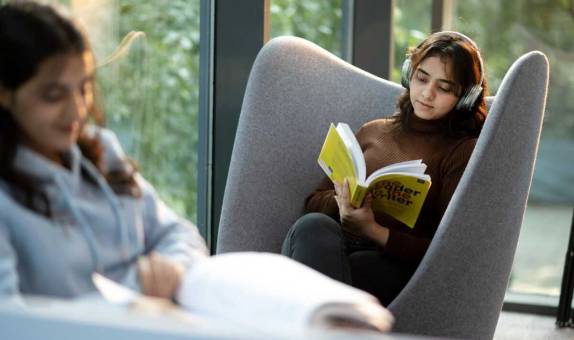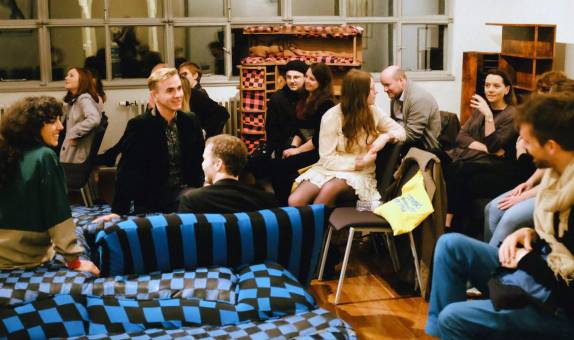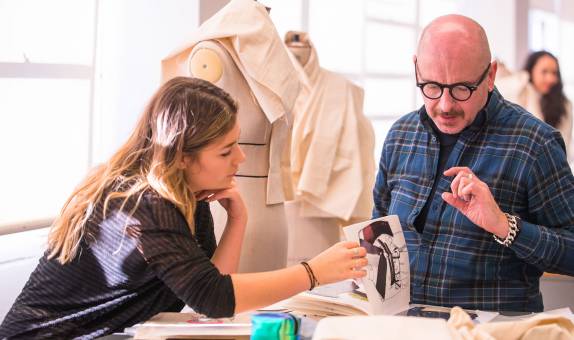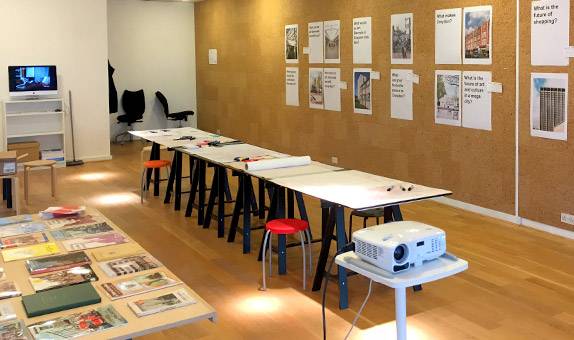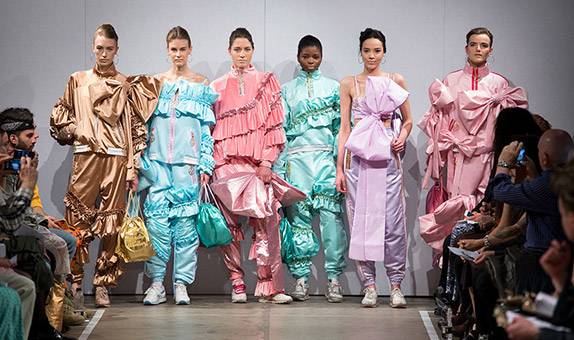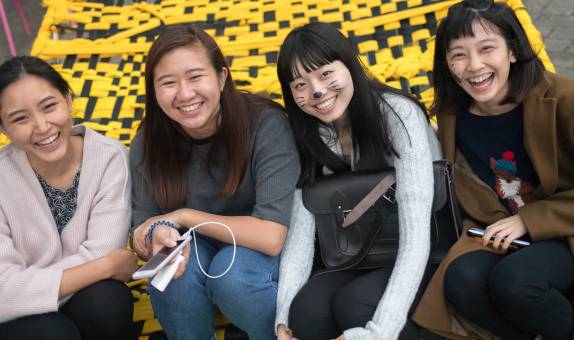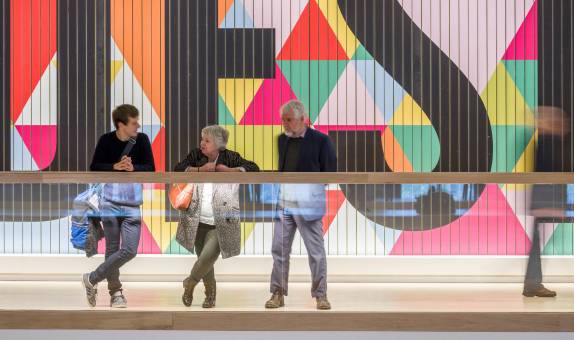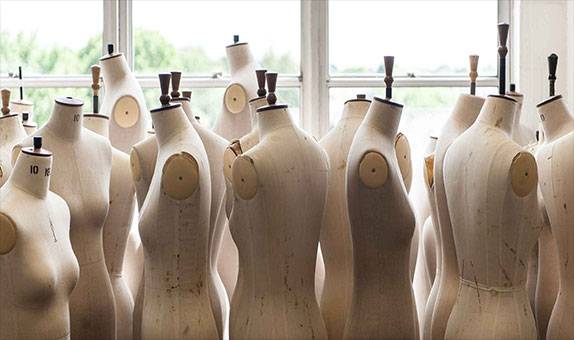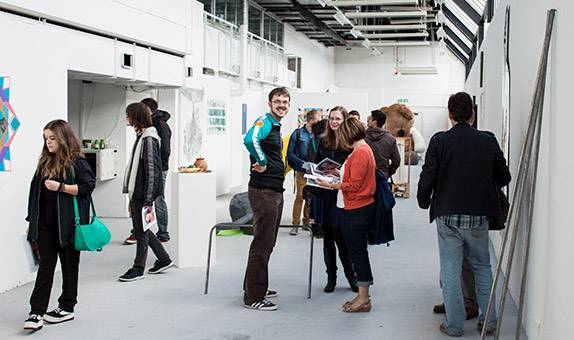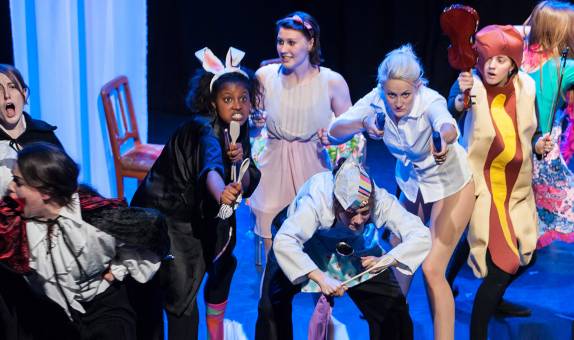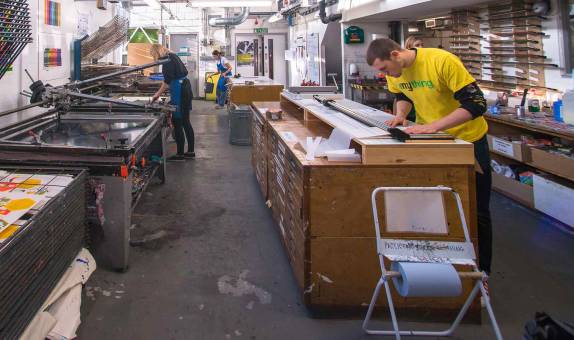Victorian Diversities Research Network
The Victorian Diversities Research Network brings togethers researchers, educators, and readers who are responding to calls to 'undiscipline' and diversify our field of study.
We aim to recuperate and promote nineteenth-century writers of colour and writers from marginalised communities, and we will develop an inclusive approach to Victorian literary studies by exploring new methodologies for reading the literature of race and empire in commonwealth countries.
The Network will bring together various strands of anti-colonial work from around the globe to challenge the dominant conception of nineteenth-century writing as white writing. It will provide a nexus for colleagues in different countries, disciplines, and professions who can share expertise and experience of decolonising and diversifying.
And, it will engage with local readers and schools to contribute to the development of an inclusive and cohesive society that values multiculturalism by reflecting better the long history of literary diversity within British society.
We are hosting our first symposium at the University of Kent in June. The deadline for proposals is 15th March. Click the yellow button below to find out more.
Victorian Diversities reading groups 2024
In September 2023, we got the very welcome news that our AHRC networking grant application and been accepted. Between February 2024 and February 2026 we will be holding a series of online reading groups, symposiums and school-facing events to build the great conversations that we have already had into more focused pedagogical initiatives.
Currently, we're putting together a schedule of monthly reading groups in which we invite members to talk through a text or collection of texts by a non-European writer, and share ideas about how this text might be taught. These sessions will be open to educators and researchers working in secondary, FE and HE and we very much welcome suggestions for texts to cover.
Why the Victorian Diversities Research was founded
The Victorian Diversities Research Network was founded to respond to a pressing need amongst UK academics for more support in answering the clarion call to diversify and decolonise the curriculum that rang out across the academy in North America, Europe, and the UK in response to the killing of George Floyd and the BLM protests in summer 2020.
In collaboration with the Institute of English Studies, we held a launch event for the network on April 12 2021, ‘Diversifying Victorian Studies: From Theory to Method' began as a roundtable discussion between Dr. Lars Atkin (University of Kent), Dr. Éadaoin Agnew (Kingston University), Dr. Kaori Nagai (University of Kent), Assoc. Prof. Ryan Fong (Kalamazoo University), Dr Emma Barnes (University of Salford) and Chloe Osbourne (Royal Holloway University of London).
Discussion was animated and wide-ranging, with case-studies ranging from Ryan Fong's experiences teaching Jane Eyre alongside nineteenth-century Native North American writings to Kaori Nagai's proposition that the animal fable operates as a transnational genre that de-centres the European subject by centring non-European knowledge and non-human experience. A recording of the event and a resources page highlighting pedagogical projects and archives of non-European literature produced in the long nineteenth-century can be found here.
2023
In April 2023, Lars and Éadaoin were invited by colleagues at Decolonising the Discipline to speak at an online roundtable on ‘Decolonising Research Practices.' Speakers included Nicole King (Oxford), Shazia Jagot and Alexandra Kingston-Rees (York), and the event was convened by the Institute of English Studies. A transcript of the event can be found here.
We followed this event with an in-person workshop at the University of Bristol in July 2023. Titled ‘Unsettling Victorian Studies', speakers from across the UK, Europe and the US gathered to present innovative new research on the global nineteenth-century.
Crossing borders, both disciplinary and geographical, the papers examined crime fiction in colonial Bengal, Indian women's periodicals, race, gender and age in Victorian literature, black British performance culture, and settler colonialism within Britain. In the closing round table, Ross Foreman (Warwick), Adrian Wisnicki (Nebraska-Lincoln), Fariha Shaikh (Birmingham), Emma Barnes (Salford), Kaori Nagai (Kent) and Billie Gavurin (Bristol) spoke passionately about the ethical and pedagogical pay-offs of teaching a truly global nineteenth-century studies.
Contact us
If you would like to join the network, run a reading group and stay on our mailing list please contact and Dr Éadaoin Agnew and Dr Lars Atkin.



